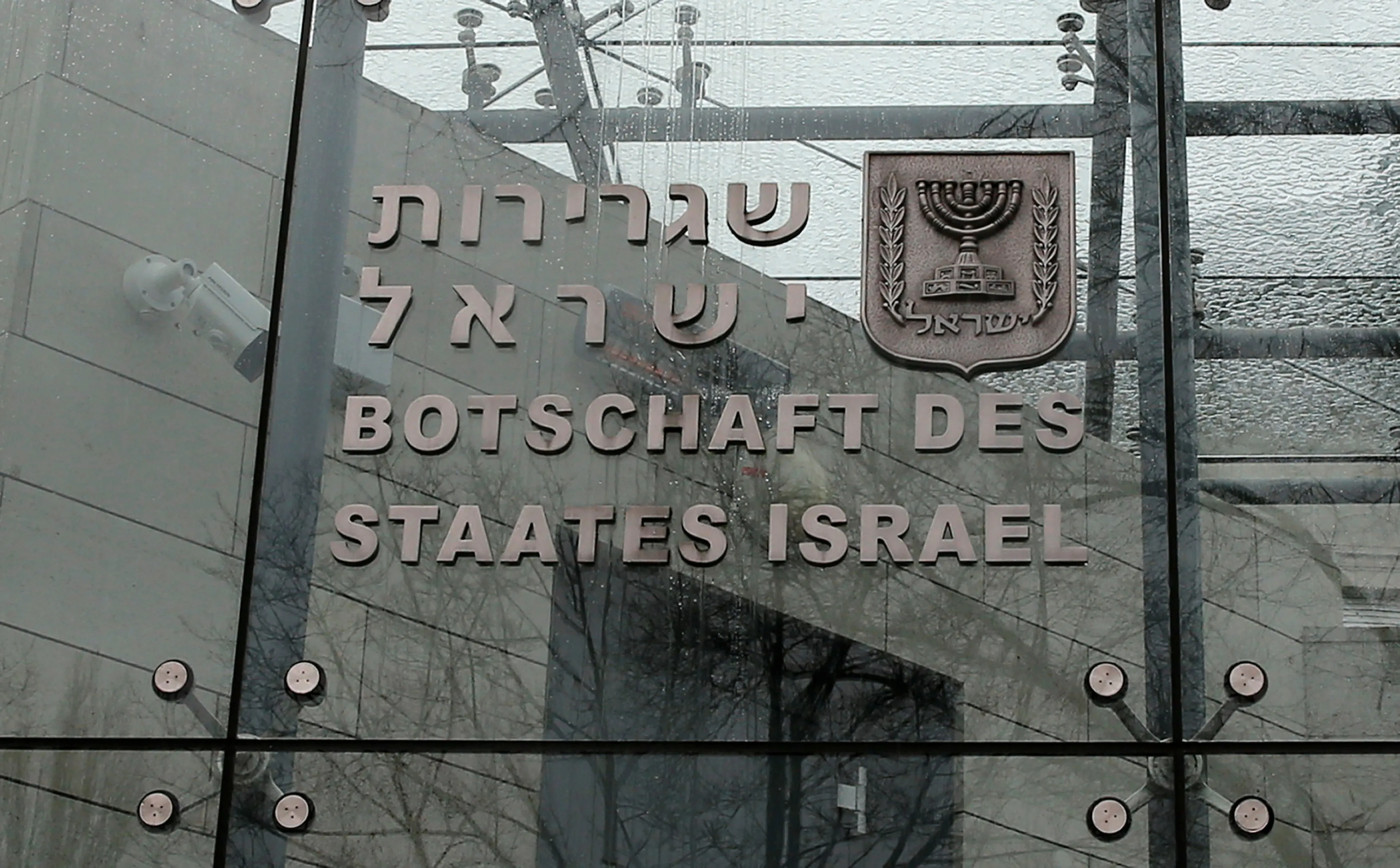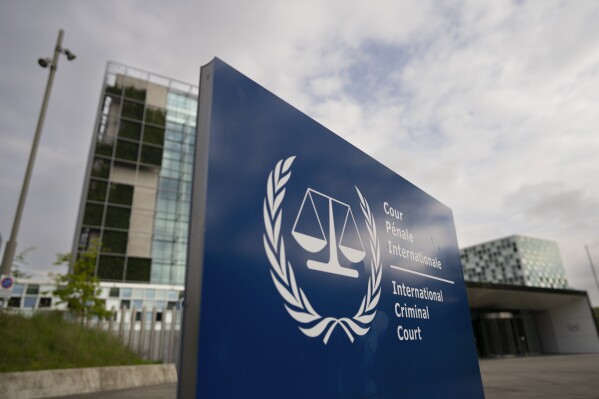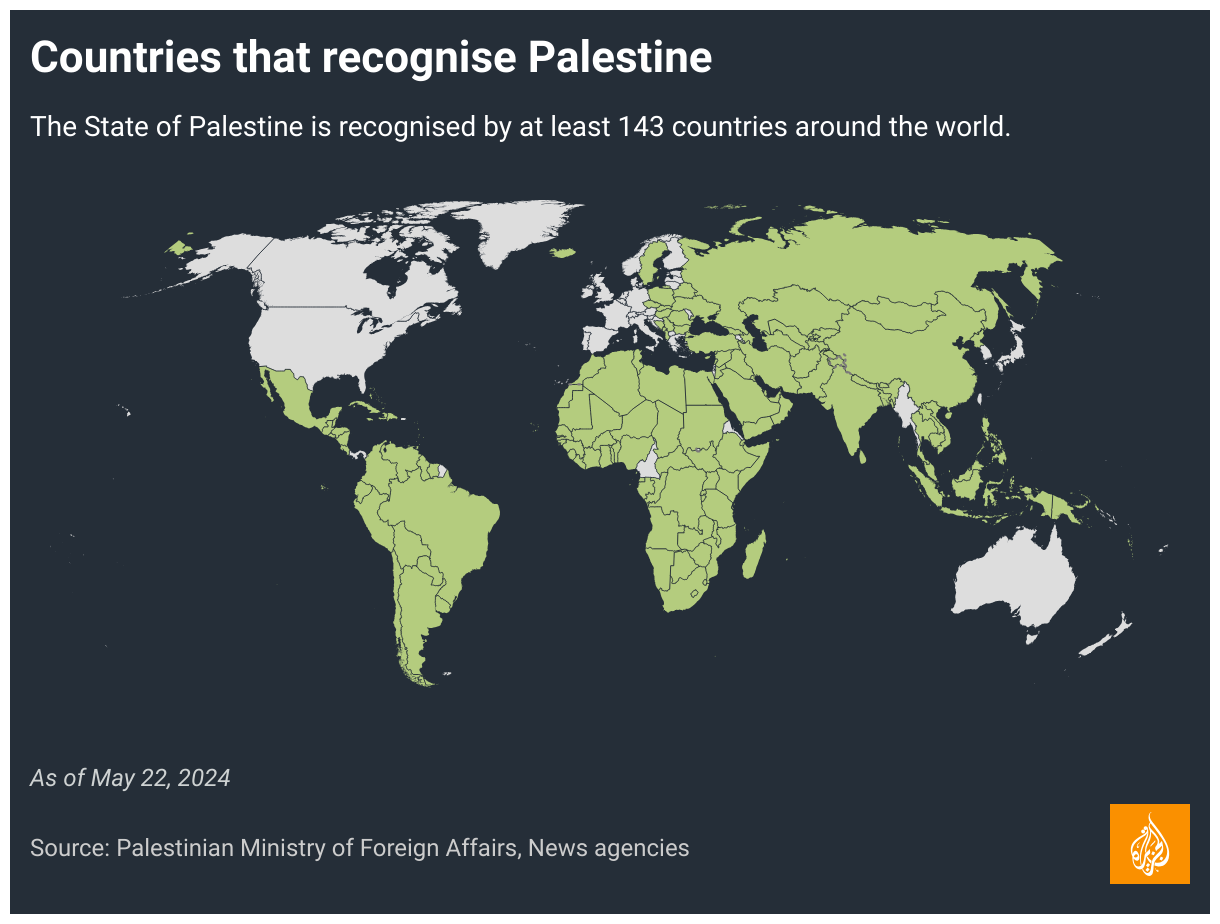The Number of Nations That Recognize Palestine Is Nearing That of Israel
The gap between the number of nations that recognize Israeli statehood and those that recognize Palestinian statehood has narrowed, with the difference set to drop to less than 20 countries as of the latest announcement by three European powers.
The prime ministers of Ireland, Norway and Spain announced on Wednesday that their nations would officially recognize Palestinian statehood in a joint bid to promote peace amid the ongoing war between Israel and the Palestinian Hamas movement in the Gaza Strip. The decision is scheduled to be ratified next Tuesday and would bring the total number of United Nations member states that recognize a Palestinian state to 146 out of 193.
All three nations also have full diplomatic ties with Israel, which is currently recognized by 165 U.N. member states, the most recent being the United Arab Emirates, Bahrain, Sudan and Morocco, which established relations as part of the U.S.-backed Abraham Accords that began in late 2020.
There was no indication that Ireland, Norway and Spain planned to downgrade their relationship with Israel, and most U.N. member states recognize both Israeli and Palestinian statehood.
Still, Israeli officials reacted strongly to the move, with Foreign Minister Israel Katz announcing the withdrawal of the country's ambassadors to Ireland and Norway "for consultations" and threatening similar "severe consequences" for Spain if it went through with its own decision.
"Today's decision sends a message to the Palestinians and the world: Terrorism pays," Katz said in a statement. "After the Hamas terror organization carried out the largest massacre of Jews since the Holocaust, after committing heinous sexual crimes witnessed by the world, these countries chose to reward Hamas and Iran by recognizing a Palestinian state."
The European trio's step is only the latest diplomatic shift since the war in Gaza began. Reports suggest other nations, including Belgium, Malta and Slovenia, may follow suit.
The announcements by the Irish, Norwegian and Spanish leaders were praised by the two leading Palestinian governing bodies.
"We thank you, your government, & your people for your historical friendship, your commitment to justice & freedom, & for solidifying your recognition of Palestinian self-determination & sovereignty," the Palestinian Mission to the United Nations wrote in messages addressed to the three nations on X, formerly Twitter. "Today, hope is renewed & tomorrow inches closer towards peace"
The mission is administered by the Palestinian National Authority (PA), led by President Mahmoud Abbas, whose successful bid for U.N. nonmember observer state status was granted in 2015. While the West Bank-based PA is the most widely recognized representative of the Palestinian people, it lost control of Gaza in 2007 amid a violent dispute between the PA's dominant left-wing Fatah faction and the Islamist Hamas movement after the latter prevailed in the last legislative elections to be held by Palestinians.
Hamas continues to administer Gaza and has fought several wars with Israel, but the latest conflict is by far the longest and deadliest, with Israeli Prime Minister Benjamin Netanyahu seeking to eliminate the group's rule altogether in response to its October surprise attack.
"We welcome the announcement by Norway, Ireland and Spain of recognizing the State of Palestine, and consider it an important step on the path of affirming our right to our land and independent Palestinian state with Jerusalem as its capital," Hamas said in a statement Wednesday.
"We call on countries worldwide to recognize our legitimate national rights and support the struggle of our Palestinian people for liberation, independence, and ending the Zionist occupation to our land."
Palestinians have sought to achieve full statehood since the withdrawal of the United Kingdom from the colonial Mandate of Palestine in 1948. Unlike the exit from the Indian subcontinent just one year earlier, there was no partition of the territory into two separate states and a coalition of Arab nations quickly went to war with the newly self-proclaimed State of Israel in support of Palestinian territorial claims.
Israel was nonetheless admitted into the U.N. the following year, but local and regional conflict ensued over Palestinian claims. Israel expanded its control in the 1967 Six-Day War to include east Jerusalem and Syria's Golan Heights, both of which were later annexed by Israel without international recognition, as well as Gaza and Egypt's Sinai Peninsula, from which Israel withdrew in 1982 following a peace treaty with Cairo.
Amid an ongoing Palestinian insurgency, a number of attempts were made for a broader peace agreement in line with a two-state solution through which both an Israeli and Palestinian state could coexist. The U.N. continued to recognize the pre-1967 Palestinian borders, which include east Jerusalem, the West Bank and Gaza, but this framework has been rejected by Israel and Palestinian opposition groups, including Hamas, though the group later signaled an openness to this concept in 2017.
A fragile breakthrough emerged in the 1990s with the Oslo Peace Accords that led to the establishment of the PA and an Israel-Jordan peace treaty. Unrest persisted, however, with the outbreak of the Second Intifada in 2000 and, while Israel ultimately withdrew from Gaza in 2005, Hamas' subsequent takeover of the territory, growing Israeli direct and indirect control over the West Bank and upticks in Israeli-Palestinian violence, which had already reached record levels prior to the current war, have left little room for renewed peace efforts.
Under President Joe Biden, the United States has continued to advocate for a two-state solution but has blocked attempts by the U.N. to push for full Palestinian statehood. The latest vote brought before the U.N. General Assembly earlier this month drew support from the 143 nations, with nine countries, including the U.S. and Israel, opposing and 25 abstentions.
Notably, more than a dozen countries that do not recognize Palestinian statehood, such as Australia, France and Japan, supported the measure, while others that already recognize Palestinian statehood, including Bulgaria, Sweden and Ukraine, opted to abstain, or, in the cases of Argentina, the Czech Republic, Hungary and Papua New Guinea, vote against it.
"Our vote does not reflect opposition to Palestinian statehood; we have been very clear that we support it and seek to advance it meaningfully," U.S. Representative Robert Wood said in his explanation of the vote in May. "Instead, it is an acknowledgement that statehood will come only from a process that involves direct negotiations between the parties."
The U.S. was the sole permanent member to vote against the move in an earlier vote at the 15-member U.N. Security Council last month, using its veto to block the process of Palestinian statehood moving forward at the international level.
Meanwhile, the Biden administration has sought to advance further Israeli normalization with the Arab world by negotiating a deal that would see Saudi Arabia establish diplomatic relations with the U.S. ally. Though talks continue, Riyadh has stated it would not take the step unless a pathway to Palestinian statehood was first secured.
Pressure has also mounted against Israel over the humanitarian impact of the war in Gaza and at least nine nations have withdrawn their ambassadors from Israel, reduced relations or cut ties altogether.
As two more nations, Trinidad and Tobago and the Bahamas, announced decisions to recognize Palestinian statehood earlier this month, aligning the entirety of the Caribbean Community (CARICOM) on the issue, Turkey was the most recent to downgrade relations with Israel, announcing a severance of trade ties until a "permanent ceasefire" was reached in Gaza.
In response, Israeli top diplomat Katz accused Turkish President Recep Tayyip Erdogan of behaving like a "dictator" in "disregarding the interests of the Turkish people and businessmen, and ignoring international trade agreements."
"We Win, and They Lose," he added.
Disclaimer: The copyright of this article belongs to the original author. Reposting this article is solely for the purpose of information dissemination and does not constitute any investment advice. If there is any infringement, please contact us immediately. We will make corrections or deletions as necessary. Thank you.


